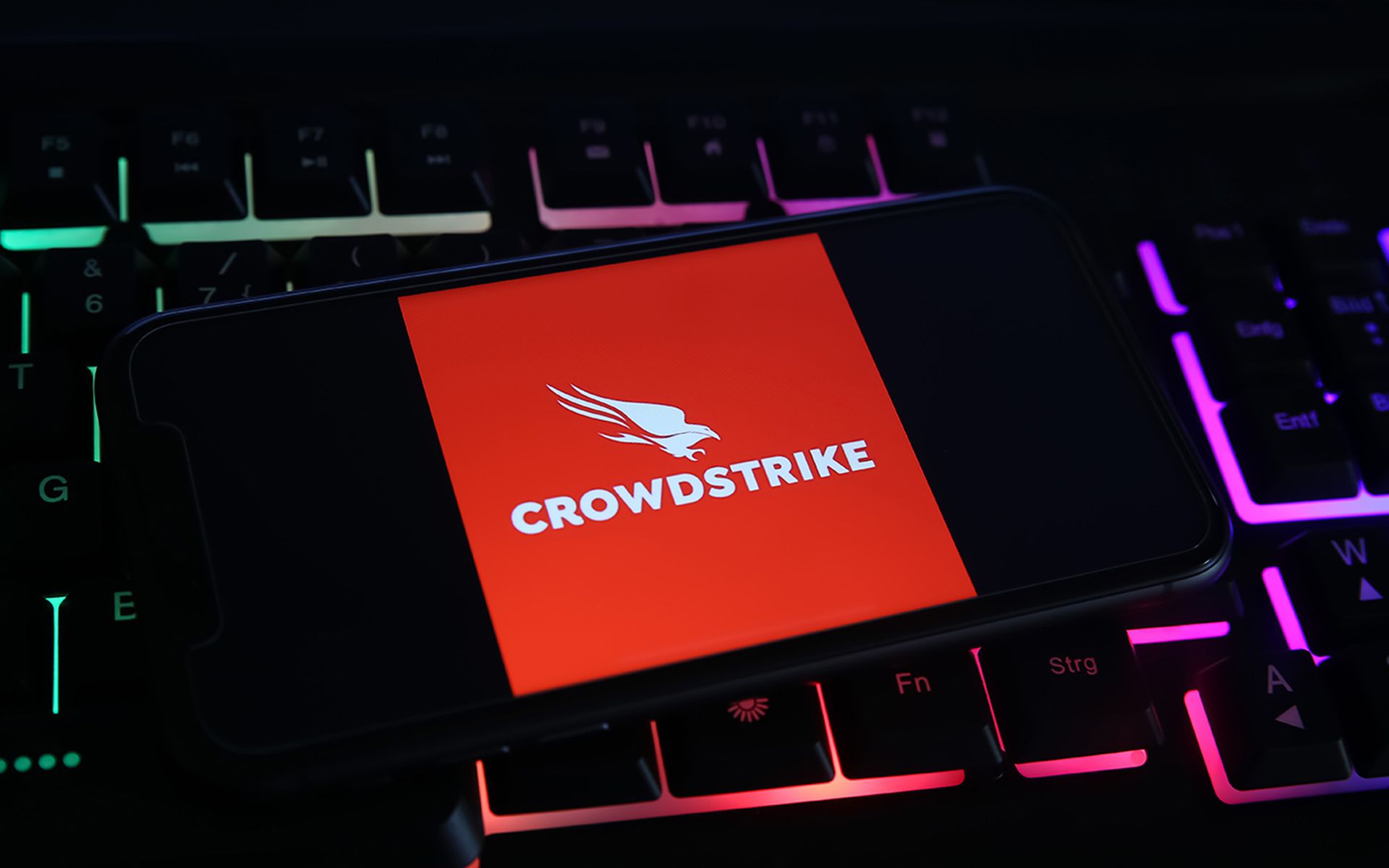Cloud security continues to grow in importance, and OpenText this week is rolling out a major update to its platform to help service providers streamline the process of providing it. The enhancements include a number of new features to reduce friction, plus it integrates with top MSP platforms from ConnectWise, Kaseya, and Autotask.
Today we also have good news for anyone exploring offering vCISO services. Cynomi is offering a new educational platform to help MSPs and MSSPs get up to speed with what they need to start offering such services.
We’ve also got information about several new threat reports looking at election security and phishing. Plus there’s a new partnership between 1Password and TD Synnex.
I’m at Canalys North America Forum this week, so if you’re there too, please say hi and introduce yourself! And as always, please send news, tips or other info to share to me at jessica.c.davis@cyberriskalliance.com.
Today’s MSSP Update
1. Securing the cloud - OpenText is rolling out a major update to its Secure Cloud platform, designed to drive growth for managed security providers (MSPs) with new features including automated provisioning, enriched product bundling, integrated task management and improved reporting and analytics. The company said the platform refresh streamlines MSP operations helping them focus on customer growth and retention. It also integrates with platforms from ConnectWise, Kaseya, and Autotask. New offerings include OpenText MDR, Cork Cyber warranty, Pen testing and Azure Virtual Desktop.
2. Learning to be a vCISO - vCISO platform provider Cynomi has launched vCISO Academy, a free, comprehensive professional learning hub designed to support service providers in establishing or expanding their vCISO services. The Academy will provide MSPs and MSSPs with the knowledge, tools and training needed to meet the growing demand for strategic cybersecurity services, the company said
3. Safeguarding devices - Ivanti has released Neurons for App Control, which safeguards devices from unauthorized applications. Ivanti also released new analytics in the Neurons platform and new features for Ivanti Neurons for Patch Management to enhance security and ensure compliance, the company said.
4. New phishing scheme - Netskope Threat Labs has observed a 10-fold increase in phishing schemes that redirect victims to codeless phishing pages via Webflow. Netskope revealed the new information today and said attackers have successfully targeted over 120 organizations worldwide. Unlike other applications such as Cloudflare R2 or Microsoft Sway that provide random alphanumeric subdomains, Webflow allows custom subdomains, effectively tricking victims, the company said.
5. Password partnership - 1Password has partnered with TD Synnex to expand the reach of 1Password’s identity security solutions to businesses across North America. 1Password’s Extended Access Management (XAM) solution is capable of securing every app from every device that attempts to access its systems.
6. Political campaign security - A new report from Red Sift finds that many campaign websites and digital infrastructures lack robust cybersecurity measures. Despite the importance of email security, Red Sift’s analysis shows that 75% of U.S Senate and Presidential political campaign websites lack DMARC protections, leaving them vulnerable to phishing and spoofing attempts, which can lead to breaches and leaks.
7. AI help for Phishing defense - Cofense is rolling out AI-driven spam reduction capabilities to its Phishing Detection and Response (PDR) platform. These enhancements reduce workload so SOC analysts can concentrate on genuine threats that could quickly harm an organization’s revenue or reputation.
8. Attackers leverage virtual hard drives -Separately, Cofense Intelligence’s new research includes details about how threat actors are utilizing virtual hard drives to bypass Secure Email Gateways and commercial antivirus to share malicious payloads. While the email themes may differ from campaign to campaign, they all appear to be delivering Remcos Remote Access Trojan (RAT) and/or XWorm RAT, the company said.




